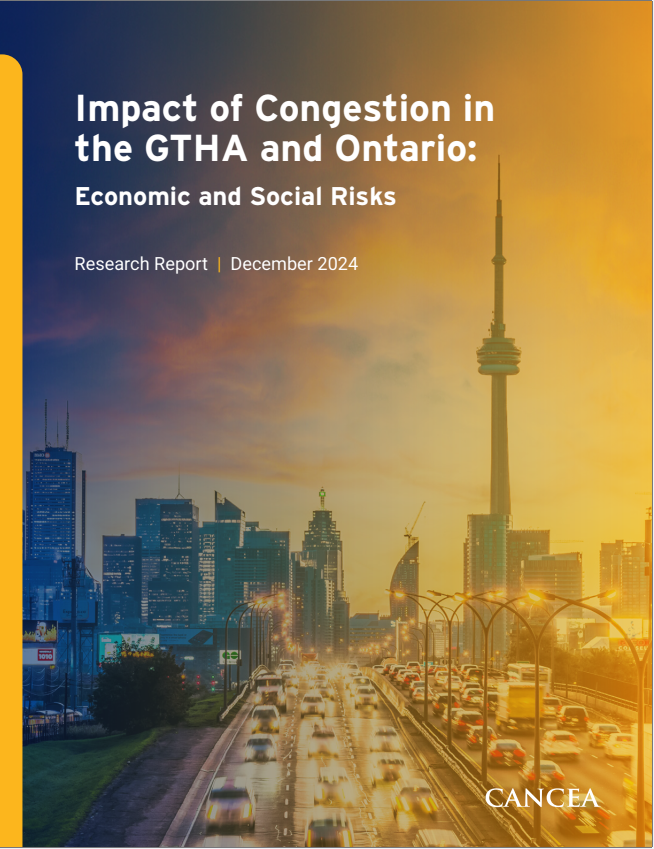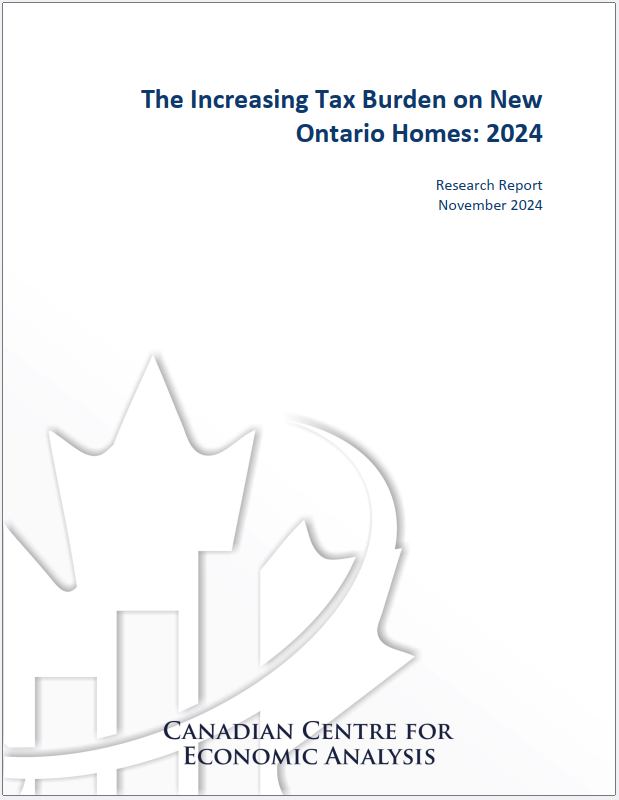Objective:
Recent evidence indicates a strong correlation between mental illness and the prevalence of tobacco dependence/consumption. Population-based simulation is conducted to understand the significant of this issue.
Methods:
A population-based Monte Carlo simulation is used to model the possible impact of smoking prevalence and mental illness on the Canadian population, the disease dynamics (incorporating lung cancer, cardiovascular disease, and chronic obstructive pulmonary disease / COPD) as well as macro-economic effects.
Results:
The results illustrate the expected difference between tobacco control interventions that do not seek to mitigate the effects of mental illness on smoking cessation rates and those that successfully do. Increases in disease related consequences and macro economic effects indicate the temporal significance/risk of a future Canadian tobacco control policy which ignores the effects of mental illness.
Conclusion:
The current analysis is preliminary in nature and does not take into account tobacco-attributable illnesses other than lung cancer, cardiovascular disease, and COPD. Despite this, the results indicate that mental illness is a significant policy risk factor for an efficient and effective future Canadian tobacco control policy.











